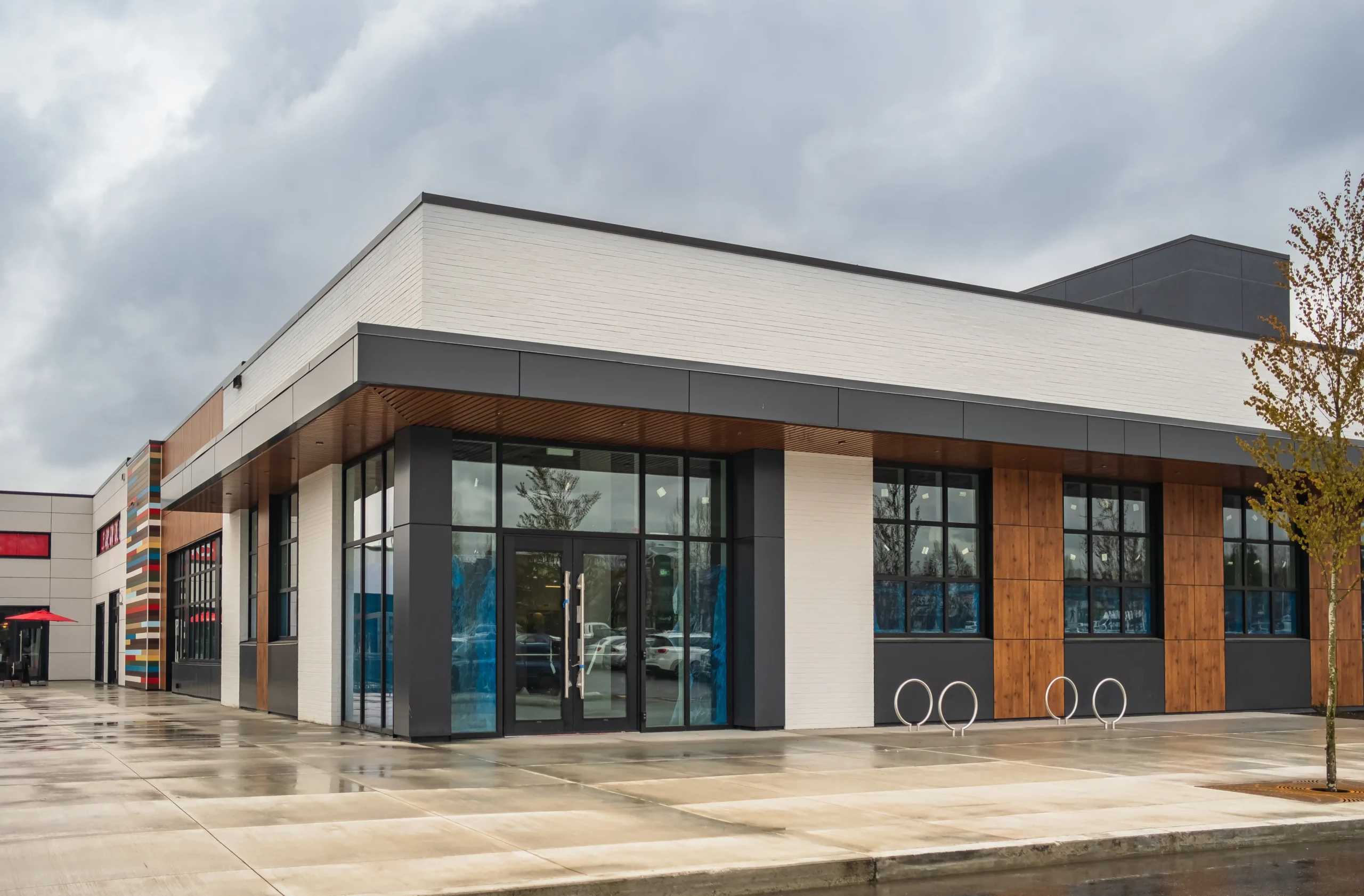How Quickly Can a Commercial Real Estate Deal Close?
How Quickly Can a Commercial Real Estate Deal Close?
As a commercial real estate escrow officer at Fidelity National Title, one of the most common questions I encounter is, “How quickly can a deal close?” The answer isn’t straightforward, as it depends on various factors, including the complexity of the transaction, the preparedness of the parties involved, and the efficiency of the escrow process. In this blog post, we’ll explore these factors in detail and provide a comprehensive overview of what influences the timeline of a commercial real estate closing.
Understanding the Typical Timeline
In general, a commercial real estate transaction can take anywhere from 30 to 90 days to close. However, this is just a rough estimate, and the actual timeline can be shorter or longer depending on several variables. Here’s a breakdown of the typical stages involved in the escrow process and how they can impact the closing timeline:
- Negotiation and Agreement: Before escrow even begins, the buyer and seller must negotiate the terms of the deal and reach an agreement. This process can take anywhere from a few days to several weeks, depending on the complexity of the deal and the responsiveness of the parties involved.
- Opening Escrow: Once the purchase agreement is signed, escrow is opened. This involves depositing the initial funds into the escrow account and providing the escrow officer with all necessary documentation. This step typically takes a few days.
- Due Diligence: Due diligence is one of the most critical phases of the escrow process. It involves the buyer thoroughly investigating the property to ensure there are no hidden issues. This can include property inspections, environmental assessments, reviewing financial statements, and verifying zoning and land use regulations. Depending on the scope of the investigation, due diligence can take anywhere from a couple of weeks to several months.
- Financing: If the buyer is obtaining financing, securing a loan can significantly impact the timeline. The lender will require an appraisal, underwrite the loan, and review the buyer’s financials. The time required for this step varies based on the lender’s efficiency and the complexity of the loan, but it generally takes 30 to 45 days.
- Title Search and Insurance: A title search is conducted to ensure there are no liens, encumbrances, or title defects that could affect the property’s transfer. This process typically takes about a week but can take longer if issues are discovered that need resolution. Once the title search is complete, title insurance is issued to protect the buyer and lender against future claims.
- Escrow Instructions and Document Preparation: The escrow officer prepares escrow instructions and gathers all necessary documents for closing. This includes the purchase agreement, title documents, loan documents, and any other required paperwork. This step usually takes a few days to a week.
- Closing the Deal: The final step involves signing the closing documents, transferring funds, and recording the deed with the county recorder’s office. This process typically takes a few days but can be expedited if all parties are prepared and responsive.
Factors That Can Expedite the Closing Process
While the typical timeline provides a general framework, several factors can expedite the closing process in a commercial real estate transaction:
- Preparedness of Parties: One of the most significant factors in a quick closing is the preparedness of both the buyer and seller. When both parties have all necessary documents and information ready from the outset, it can significantly reduce delays.
- All-Cash Transactions: If the buyer is making an all-cash purchase, the transaction can close much faster since there’s no need to secure financing. Without the need for appraisals, loan underwriting, and other lender-related steps, the timeline can be shortened considerably.
- Clear Title: A property with a clear title, free of liens or encumbrances, can close much faster. Conducting a preliminary title search before opening escrow can identify potential issues early, allowing them to be addressed promptly.
- Efficient Escrow and Title Companies: Working with experienced and efficient escrow and title companies can make a significant difference in the timeline. These professionals can expedite the processing of documents, coordinate with all parties involved, and swiftly address any issues that arise.
- Streamlined Due Diligence: If the buyer is experienced and knowledgeable, they can conduct due diligence more quickly. Additionally, using trusted third-party inspectors and consultants can streamline this process.
- Pre-Approval for Financing: Buyers who are pre-approved for financing can expedite the loan process. Pre-approval means the lender has already reviewed the buyer’s financials and has given conditional approval for the loan, reducing the time needed for final underwriting.
Factors That Can Delay the Closing Process
Conversely, several factors can delay the closing process:
- Complex Transactions: Transactions involving multiple properties, tenants, or complicated ownership structures can take longer to close due to the increased amount of due diligence required.
- Financing Challenges: Securing financing can be a significant source of delay. Issues such as low appraisals, changes in the buyer’s financial situation, or additional lender requirements can extend the timeline.
- Title Issues: Discovering title defects, liens, or encumbrances can cause significant delays. Resolving these issues may require legal intervention or negotiations with third parties, which can be time-consuming.
- Regulatory Approvals: Some commercial properties require regulatory approvals or permits before the transaction can close. Navigating the bureaucracy and obtaining these approvals can add time to the process.
- Unresponsive Parties: Delays can occur if any party involved in the transaction, including the buyer, seller, lenders, or third-party service providers, are unresponsive or slow to provide necessary documents or approvals.
- Contractual Contingencies: Many purchase agreements include contingencies that must be satisfied before closing, such as inspections, financing, or regulatory approvals. Delays in meeting these contingencies can push back the closing date.
The Importance of Expertise in Expediting Closings
Navigating the complexities of a commercial real estate transaction requires expertise, attention to detail, and efficient coordination among all parties involved. This is where the role of a seasoned escrow officer becomes invaluable. At Fidelity National Title, we pride ourselves on our ability to facilitate smooth and timely closings, leveraging our extensive experience and resources.
By anticipating potential issues, maintaining clear communication, and ensuring that all parties are aligned, we can help expedite the closing process. Our commitment to excellence and our proactive approach mean that we are prepared to handle any challenges that arise, ensuring a successful and timely transaction.
Partner with the Seibold Group for a Seamless Closing
If you’re looking for a reliable partner to navigate the complexities of commercial real estate transactions, consider the Seibold Group. Our team of experienced professionals is dedicated to providing a smooth and efficient closing process, backed by our deep industry knowledge and commitment to safeguarding your interests.
At the Seibold Group, we understand that time is of the essence in commercial real estate. Our proactive approach, meticulous attention to detail, and unwavering commitment to excellence ensure that your transaction closes as quickly and smoothly as possible. Trust us to handle the intricacies of your commercial real estate deals, allowing you to focus on your investment goals with confidence.
In conclusion, while the timeline for closing a commercial real estate deal can vary, understanding the factors that influence the process and working with experienced professionals can significantly expedite the transaction. By partnering with the Seibold Group, you can ensure a seamless and timely closing, leveraging our expertise and dedication to achieving the best possible outcome for your investment.
Have questions about how quickly you can close a real estate deal? Reach out to Michele at michele@seiboldgroup.com to learn how we can help protect your investment.


